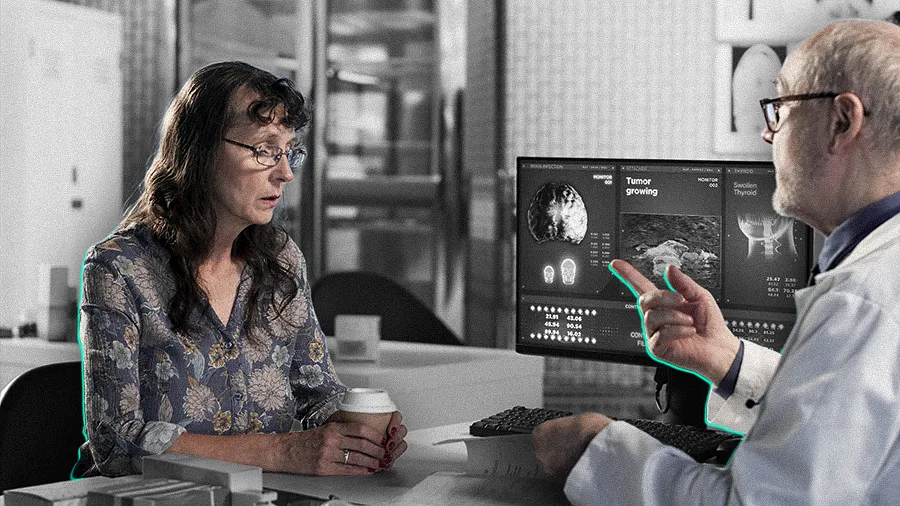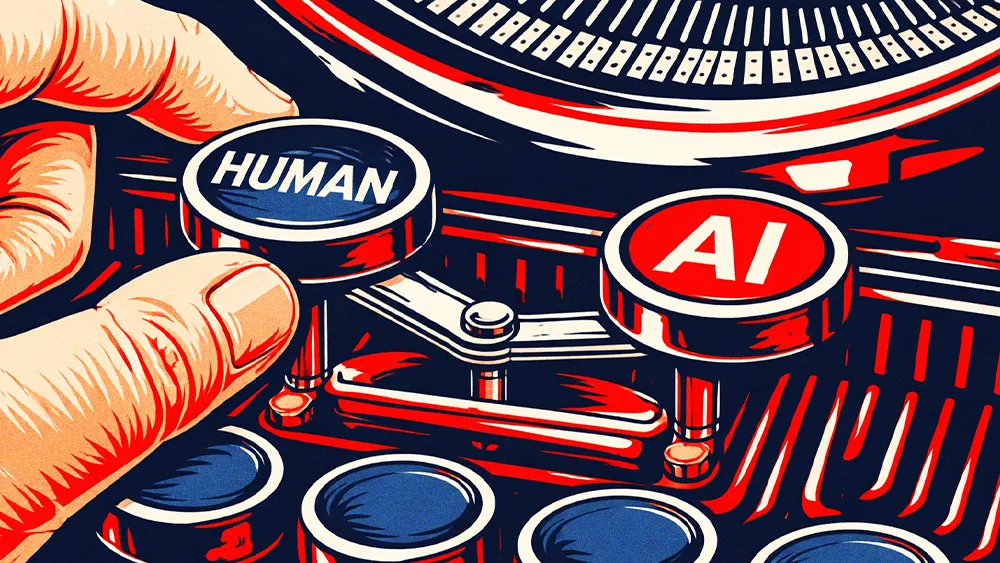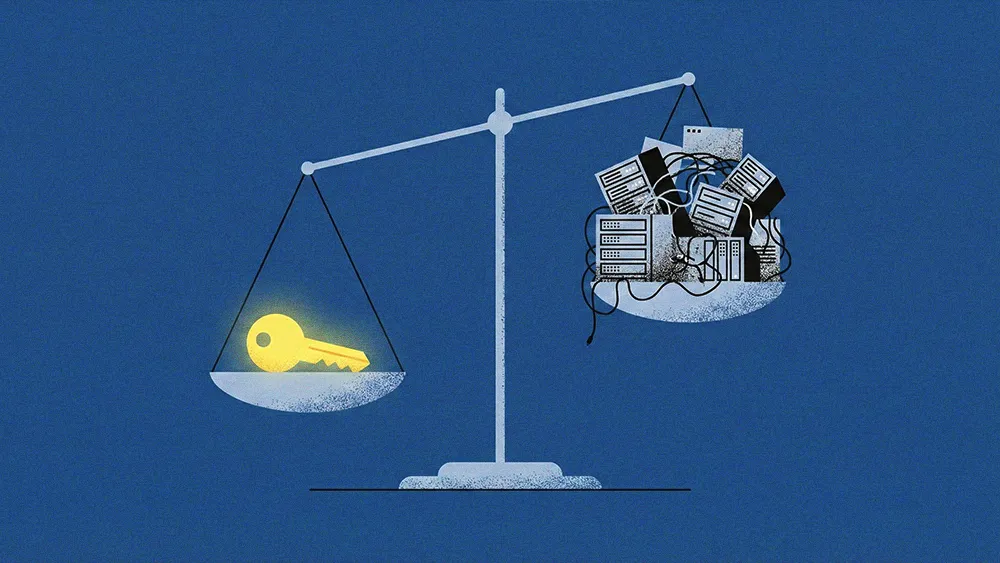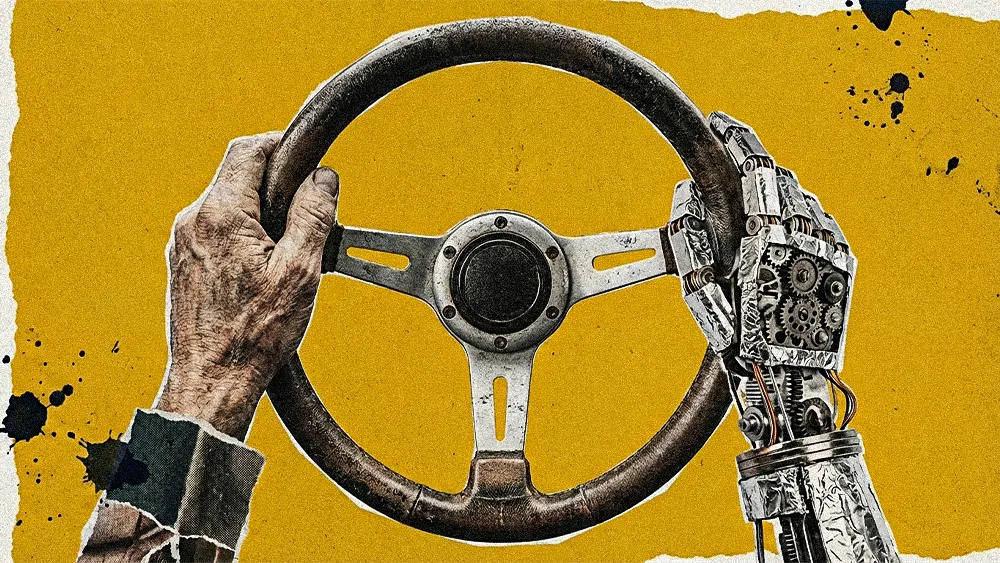Healthcare is, at its core, human. It should come as no surprise then that the biggest hindrance to AI adoption in clinical trials is not the technology itself, but the level of trust patients place in it. AI may speed drug development and tailor treatments in ways once unimaginable, but none of that matters if patients are uncertain or unwilling. For AI to deliver on its promise, patients must be confident, informed, and feel in control of their place in the healthcare journey.
Alicia Staley, Chief Patient Officer at clinical trial experience platform Medidata, approaches the issue with both deep expertise and lived experience. Her perspective is shaped not only by 25 years in healthcare leadership and patient advocacy, but also by her journey as a three-time cancer survivor. She argued that the industry must re-architect its approach to patient engagement before the AI revolution can truly begin.
"The patient perspective will be paramount to success. If AI is added without considering how patients will embrace it, understand it, and integrate it into their care, it will be very difficult to realize the advancements this technology can offer." For Staley, building this trust is not an abstract ideal but a C-suite mandate. She explained that the key is operationalizing empathy through roles like her own, ensuring that a human perspective is embedded in corporate strategy from the outset.
The CPO in the loop: "I think the Chief Patient Officer role in particular is going to become the 'human in the loop'—the gatekeeper making sure that ethics, privacy, and security are adequately addressed. If we wait for these technologies to roll out and then try to retrofit policies and procedures, it's going to be way too late."
Proactive governance is most urgently needed at the first point of contact between a patient and a clinical trial: the consent process. Staley argued that current consent forms are already overly complex and burdensome, creating a broken foundation that is dangerously unprepared for the added complexity of AI. The solution, she insisted, is a complete "modernization of consent."
From fear to understanding: "We have to make sure that AI's involvement is explained in a way patients understand. If they feel confused or afraid, they may step away from a trial because they don’t know how the technology is being used in their care." Without that clarity, adoption stalls before it even begins.
The call for clarity stems from a simple truth: healthcare is different. While AI may optimize workflows in other industries, its integration into a person's health journey is, as Staley put it, "a bigger ask." It raises the stakes and demands a new level of empathy—one that can be engineered directly into the technology itself. When designed with care, AI has the potential to make healthcare more human rather than less. She contrasted this vision with the current state of patient recruitment, which she knows from personal experience is often invasive and devoid of context.
The power of technical empathy: "We’re building models and algorithms that can help us find patients in a contextual way, making outreach smarter and more empathetic. I’m a big proponent of what I call ‘technical empathy’—designing solutions that bring empathy into these workflows. As advanced as AI may seem, it also gives us a chance to make the process more human."
Elevating the patient experience: "The potential for improvement is unlimited. As AI grows smarter, opportunities will only expand for everyone in the clinical research ecosystem to elevate the patient experience. It will take focused effort to use these tools in new ways and to change long-standing processes so they truly benefit patients."
The alternative is a future where unchecked technology erodes the very trust it needs to function. If innovation outpaces education and ethical governance, the result will not be progress, but a degradation of the patient experience for everyone. "We need to be careful to prevent AI from making healthcare decisions or excluding patients from research based on bad data," said Staley. "Patient advocates and CPOs must stay in tune with how quickly the technology is moving so it doesn’t get off track. Without education, understanding, and awareness, fear will take over and degrade the experience for everyone."









